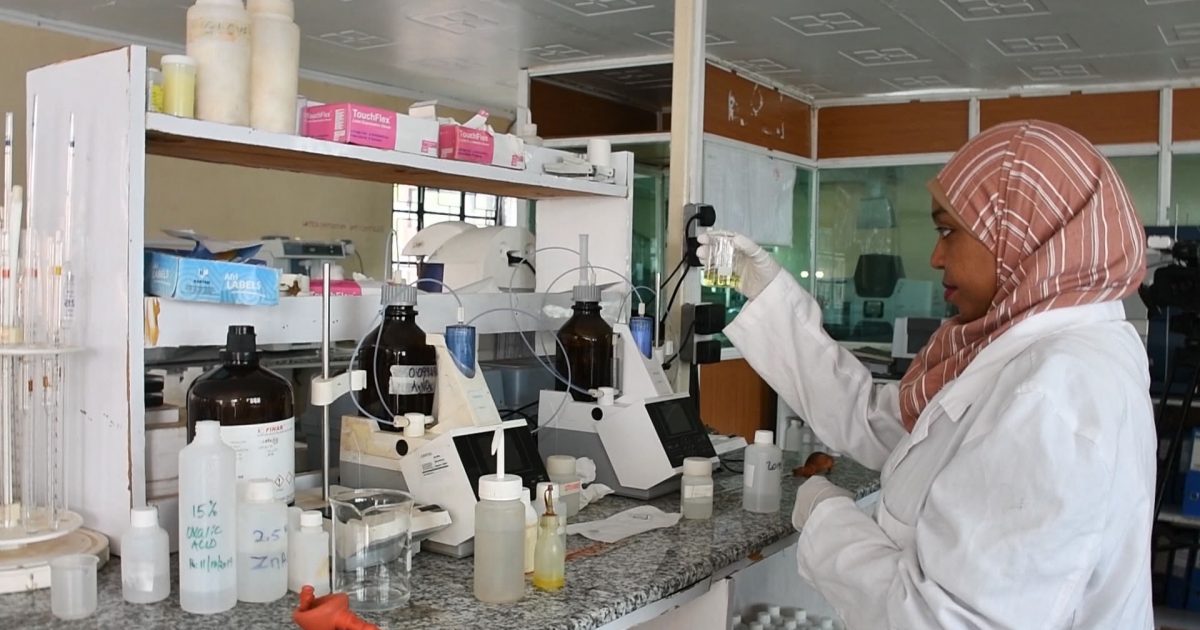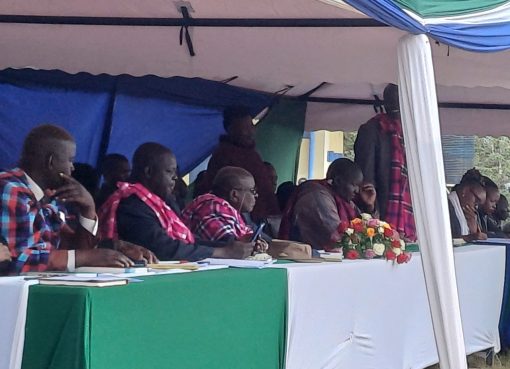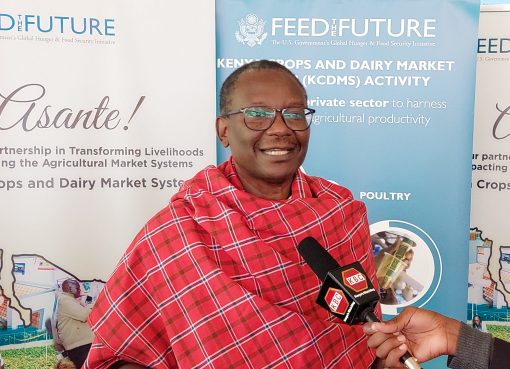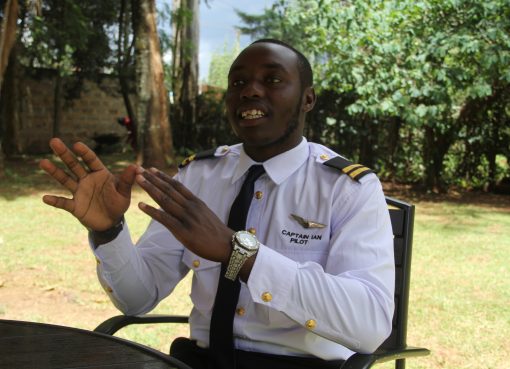A professional association has embarked on promoting mentorship of students in Technical and Vocational Education Training Institutes (TVETs) in Science, Technology, Engineering, and Mathematics (STEM), as a way of preparing them for vital careers in energy, information technology and engineering sectors.
Secretary to Institute of Engineering Technologists and Technicians Ms Alice Mutai said there is a need to scale up interventions aimed at entrenching the interest in STEM-oriented subjects at the primary, secondary and tertiary levels of learning.
Speaking at the Rift Valley Institute of Science and Technology (RVIST) during its open day, Ms Mutai stated that towards encouraging more women to take up STEM courses, institutions should establish role modelling and mentoring from early childhood to young adulthood.
“We live in a time when science, technology, engineering and mathematics surround us – they are an integral part of daily life. It is this reality that drove us to come up with an initiative to change the perception that science is difficult and complex.
Inventions that once seemed futuristic are now our reality, from the mobile phones we use, to the internet, how we commute and even the food we eat, we cannot separate ourselves from STEM and its place in the modern world,” Ms Mutai indicated.
The event brought together over 300 students from various Technical and Vocational Education Training (TVETs) institutes from Nakuru County to interact with mentors from different fields of science. The sessions covered agriculture, waste management and renewable energy, coding, manufacturing, veterinary science, robotics, and artificial intelligence.
At the RVIST open day, students gained hands-on learning and understanding that STEM is valuable and that everyone engages in some form of science all the time, whether they are conscious of it or not.
Ms Mutai added “Schools should be intentional in hiring and promotion of female teachers in STEM to help motivate young learners.
We have to debunk the myth of STEM as difficult, boring courses. Young learners need to be engaged in a fun way, to help build their interest in the subjects from an early age. Continuous training of women teachers of STEM will also help build capacity for qualified females to deliver content professionally and competently.”
In Africa, she observed Kenya has been at the forefront of technology and innovation and cited mobile money transfer services such as M-Pesa, which modernized monetary transactions and speeded up financial inclusion.
“Time has come for us to exploit our resources towards laying the foundation of creating our own innovations towards solving our own challenges, and perhaps even those of the rest of the world. A great resource towards realizing this ambition is our young people, who, with the right motivation and support, have the potential of using STEM to contribute significantly to the growth of our economy,” Ms Mutai indicated.
According to Vice chairperson to Institute of Engineering Technologists and Technicians Ms Yucabeth Ngwara the mentorship events aim to bridge the access gap, which is borne out of financial constraints that prevent many students from accessing such knowledge at public schools.
“Due to the low fees paid by students, it is a challenge for many schools in the community to have well-equipped science laboratories, let alone access higher-level science equipment and tools such as robotics,’’ Ms Ngwara added.
According to Ms Ngwara, many students are not conversant with the vast array of careers and hobbies that exist in science. Additionally, many students do not believe they can perform well in science and carry the perception that it is too difficult, hence the need for such events to debunk such beliefs.
To ensure the gains made are sustainable, the Institute of Engineering Technologists and Technicians plans to reach out to science teachers in other communities with the intent of holding science open days across various communities within Nakuru County and eventually, nationally.
The team believes there are many opportunities for students through science, and it is important to reach as many students as possible and expose them to science in a new and exciting way.
“To deal with the challenges facing the country, be it treating diseases like Covid-19, to developing IT applications, skilled personnel in the STEM field is essential.
We have to invest in these courses to enable the country to move forward in its development path. But this cannot be done by avoiding social sciences. What is necessary is a healthy mix,” Ms Ngwara pointed out.
By Anne Mwale and Dennis Rasto





